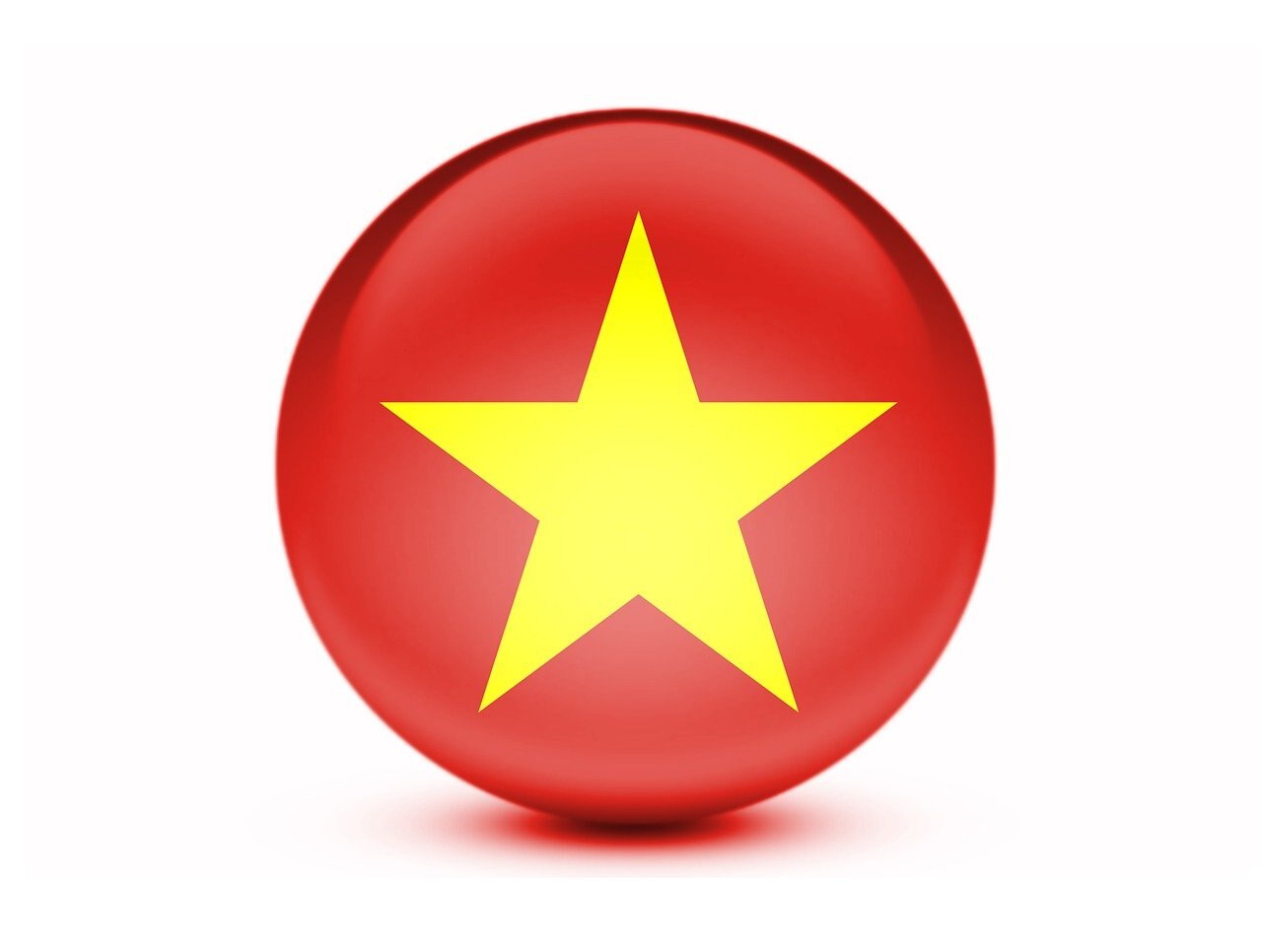Understanding what cannot be protected as a trademark in Vietnam is essential for enteprises doing business in Vietnam. Vietnam’s intellectual property laws outline specific criteria and restrictions on what can be registered as a trademark. This article explores these restrictions to help businesses avoid common pitfalls when applying for trademark protection.

What Can Not Be Protected as a Trademark in Vietnam?
According to the law of the National IP Office of Vietnam, not all signs or symbols qualify for trademark protection. Here are the main categories of what cannot be protected as a trademark in Vietnam:
1. Generic Terms
Generic terms, which refer to the general name of products or services, cannot be protected as a trademark in Vietnam. For instance, you cannot be registering trademark in Vietnam the word “Soap” for a brand of soap products. Such terms are considered public property and must remain available for all businesses to use.
2. Descriptive Marks
Marks that are merely descriptive of the goods or services they represent cannot be protected as a trademark in Vietnam. This includes marks that describe characteristics, quality, quantity, intended purpose, value, geographical origin, or other features of the goods or services. For example, “Fresh Juice” for a brand of juices would be considered descriptive.
Descriptive marks are one of what cannot be protected as a trademark in Vietnam. This is because descriptive terms must remain available for all businesses to use. If a single company could monopolize a descriptive term, it would unfairly limit other companies’ ability to describe their products or services accurately.
Contact ASL for Filing Trademark in Vietnam:
Email: [email protected]
WhatsApp/WeChat: (+65) 8749 6692
3. Deceptive Marks
Marks that are likely to deceive or mislead the public about the nature, quality, or geographical origin of the goods or services cannot be protected as a trademark in Vietnam. For example, using the term “Organic” for products that are not organic would be misleading.
Deceptive marks are also one of the categories fitted with the description of what cannot be protected as a trademark in Vietnam as the primary purpose of trademark law is to protect consumers by ensuring that they can rely on trademarks to accurately represent the nature, quality, and origin of goods or services. Deceptive marks violate this principle by providing false or misleading information.

4. Marks Contrary to Public Order and Morality
Any marks that are contrary to public order, morality, or the principles of humanity cannot be protected as a trademark in Vietnam. This includes marks that are offensive, scandalous, or promote illegal activities.
5. Marks Identical or Similar to National Symbols
Marks that are identical or confusingly similar to state flags, emblems, names, or symbols of Vietnam or other countries, international organizations, or governmental bodies cannot be protected as a trademark in Vietnam. This is to prevent any association with official entities.
Contact ASL for Filing Trademark in Vietnam:
Email: [email protected]
WhatsApp/WeChat: (+65) 8749 6692
6. Marks that Conflict with Prior Rights
Marks that conflict with previously registered trademarks or well-known trademarks cannot be protected as a trademark in Vietnam. This includes marks that are identical or similar to existing trademarks in a way that could cause confusion among consumers.
7. Marks Consisting of Common Shapes
Marks that consist solely of shapes that are dictated by the nature of the goods themselves, necessary to obtain a technical result, or give substantial value to the goods cannot be protected as a trademark in Vietnam. These are considered functional and should remain available for use by all manufacturers.
8. Marks Representing Names or Portraits of Individuals without Consent
Using names, portraits, or signatures of individuals without their consent cannot be protected as a trademark in Vietnam. This protects personal rights and privacy.
Importance of Understanding These Restrictions
Knowing what cannot be protected as a trademark in Vietnam helps businesses avoid wasting time and resources on applications that are likely to be rejected. It also guides businesses in choosing distinctive and legally protectable trademarks that can effectively serve their branding purposes. You can check how to file trademark in Vietnam here or Procedure of Vietnam trademark registration here.
Conclusion
Understanding what can not be protected as a trademark in Vietnam is essential for any business looking to establish a strong and legally defensible brand. By avoiding generic, descriptive, deceptive, and other non-registrable marks, businesses can increase their chances of securing trademark protection and maintaining their competitive edge in the market.
In summary, being aware of the limitations on trademark protection in Vietnam enables businesses to navigate the procedure of traedmark application in Vietnam more effectively, ensuring their trademarks are both distinctive and compliant with Vietnamese law.
Contact ASL for Filing Trademark in Vietnam:
Email: [email protected]
WhatsApp/WeChat: (+65) 8749 6692
*** After more than 10 years of operation, ASL has been ranked as the top-tier IP Firm for years by Legal500, AsiaLaw, and WTR. We have been well known for OneTouch of IP protection in more than 27 countries with Budget savings from 15-35%. The more clients file trademark, patent, and industrial designs through ASL, the more savings our clients receive.


Leave a Reply